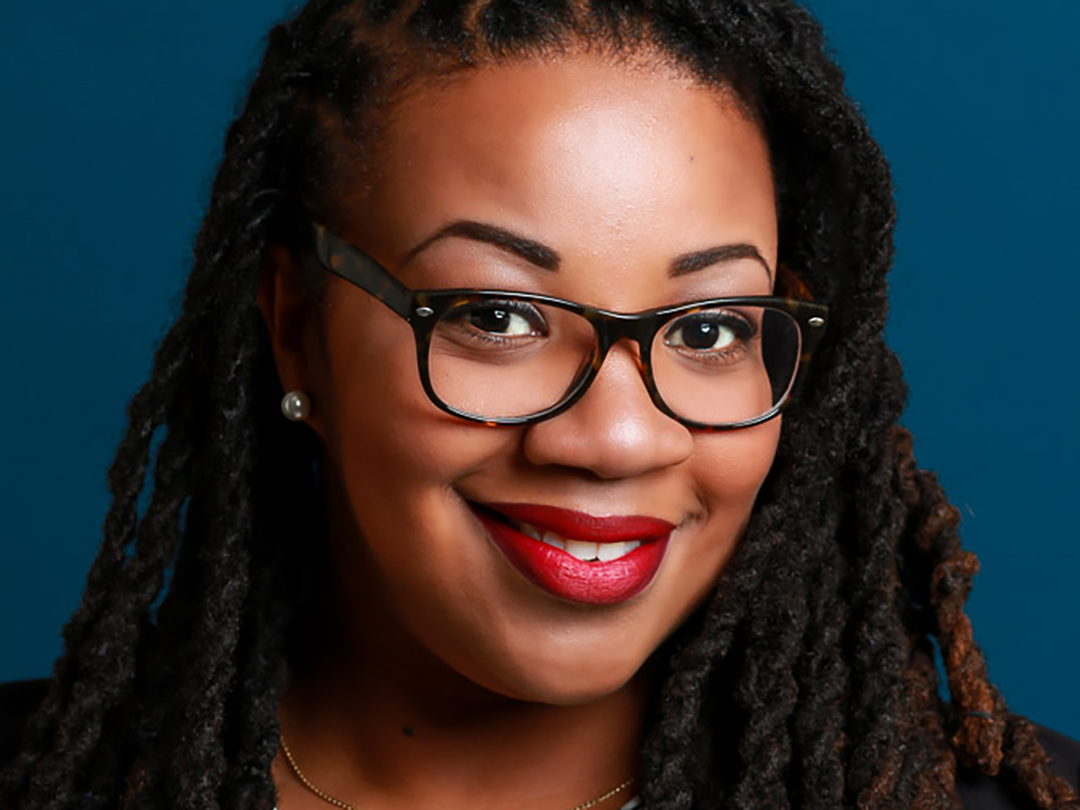The Supreme Court of the United States will soon decide whether universities can continue to use affirmative action in their application processes and an amicus brief co-authored by Tiffany Atkins L’11 has raised the associate professor of law’s national profile on the legal debate.
Two cases now before the Supreme Court of the United States – one involving Harvard, the other the University of North Carolina at Chapel Hill – may radically alter the way colleges and universities use race as a consideration in admissions.
And as national media and advocacy organizations have followed the debate, they have turned to Elon Law’s Tiffany Atkins L’11 as a resource for explaining the history of affirmative action and the broader implications for students from underrepresented groups on college campuses.
The associate professor of law at Elon University School of Law spoke with FOX News Digital for a national story published on the eve of oral arguments in appeals brought by Students for Fair Admissions, Inc., which asked the Supreme Court to overturn past rulings that have expressly permitted the use of race as one factor in admissions as a “compelling state interest.”
In “What’s at stake as the Supreme Court considers banning race in college admissions: ‘Basic fairness’,” Atkins notes how a ruling that overturns the use of race could have consequences well beyond college admissions. It would potentially affect the diversity of all professions through a “domino effect” of the new interpretation of the Fourteenth Amendment.
“From my perspective as a law professor and a lawyer, this is important because it affects the students that I teach, the conversations that we have, the richness of the conversation in the classroom,” Atkins said.
Atkins served as a source for FOX News Digital – and as a plenary panel participant at a recent conference hosted by Society of American Law Teachers – in part because of her leadership role in co-authoring an amicus brief in support of Harvard and UNC, filed on behalf of dozens of Black women law scholars.
Atkins filed the brief in August with Jeffrey Then, Elizabeth Slater, Raymond P. Tolentino, Joshua Matz, and Nabihah Maqbool of Kaplan Hecker & Fink LLP.
“Eliminating race-conscious admissions programs would have devastating consequences,” the brief states. “Preventing schools from adopting such programs will exacerbate existing racial disparities in our colleges, universities, graduate schools, and professions. It will create unfair disadvantages for applicants of color who seek entry into those educational institutions. And if justified based on the so-called “mismatch” theory, it would reinscribe racist theories about the inadequacy of Black students and other students of color into the fabric of our law.
“Race-conscious programs are a proven, constitutional method to ensure that Black students and other students of color are fairly represented in our educational system and social institutions. Such programs are not inimical to equality; they are necessary to achieve it.”
Atkins graduated from Elon Law in 2011 as the recipient of the David Gergen Award for Leadership and Professionalism. She taught in the Legal Method & Communication Program from 2016-2018 before rejoining the Elon Law faculty during the 2019-2020 academic year.
Atkins was recently selected as Elon Law’s inaugural Dean’s Faculty Fellow for Equity & Inclusion and is a member of the Board of Governors of the Society of American Law Teachers, a community of law teachers, law school administrators, librarians, academic support experts, students, and affiliates “working for more than 40 years to improve the legal profession, the law academy and expand the power of law to under-served communities.”
Prior to her entry into legal education, Atkins worked for several years in Greensboro at Legal Aid of North Carolina. She is a graduate of UNC Greensboro’s Political Science and African-American Studies programs.



